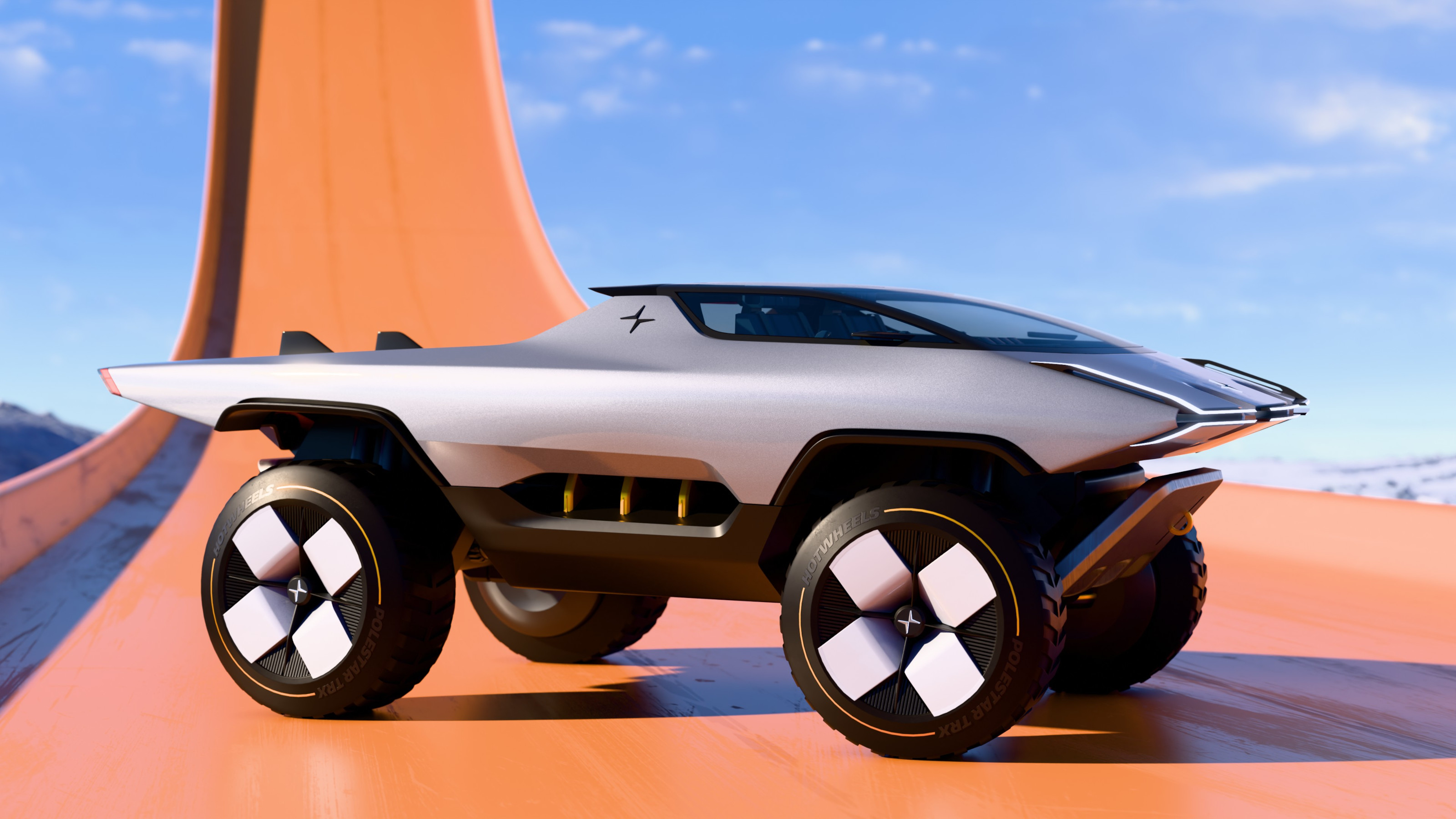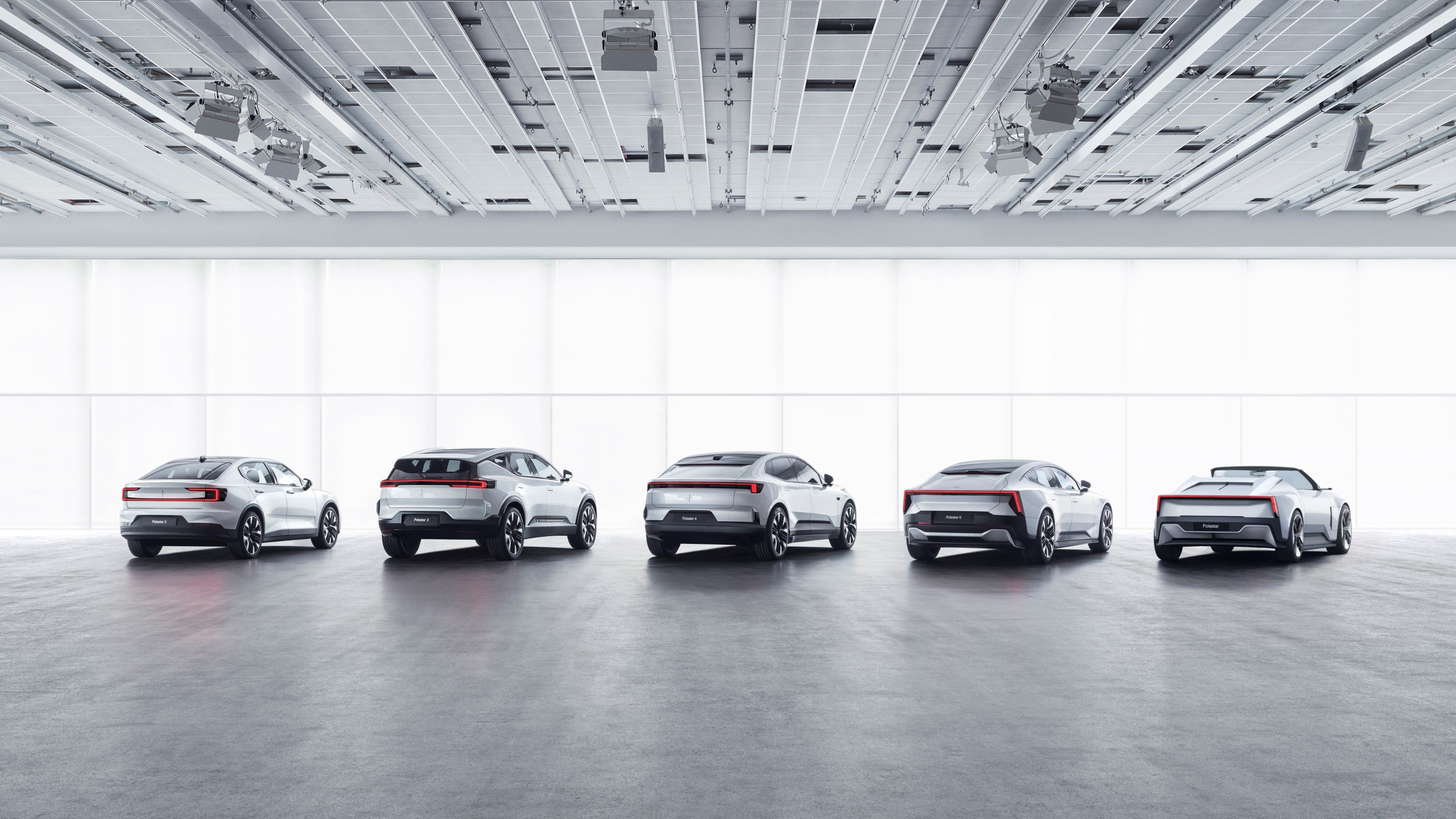
This summer it was all change at Polestar. After charting a relatively steady course since the company was founded in 2017, founding CEO Thomas Ingenlath and influential head of design Maximilian Missoni departed. The latter took up a new post at BMW, while Ingenlath’s next moves are currently unknown. In the months leading up to this boardroom disruption, there’d been a few opinion pieces about Polestar’s plunging stock price and delays and diversions from what had been a well-signalled route map.
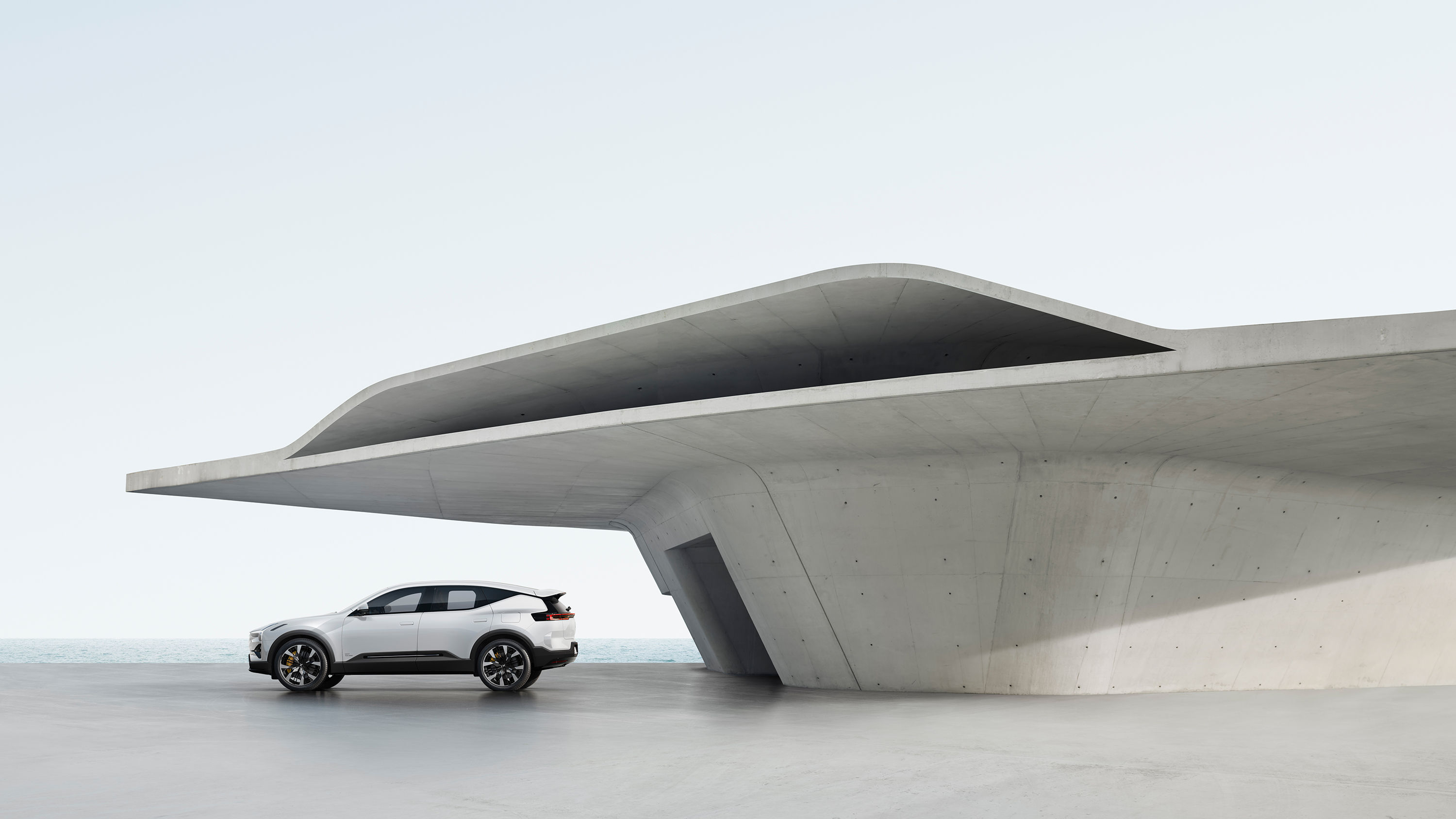
With 2024 drawing to a close, we’re taking stock of the Polestar brand, running through the company’s models 1 to 6 and mopping up the concepts, collaborations and other extra-curricular activity. Ingenlath’s replacement is Michael Lohscheller, formerly head honcho at Opel, once Germany’s General Motors subdivision and now one of the many dimming stars in the Stellantis universe. Whereas Ingenlath and Missoni brought together a blend of Nordic and fashion design kudos to the nascent brand, Lohscheller will be working with former VW and Audi designer Philipp Römers.
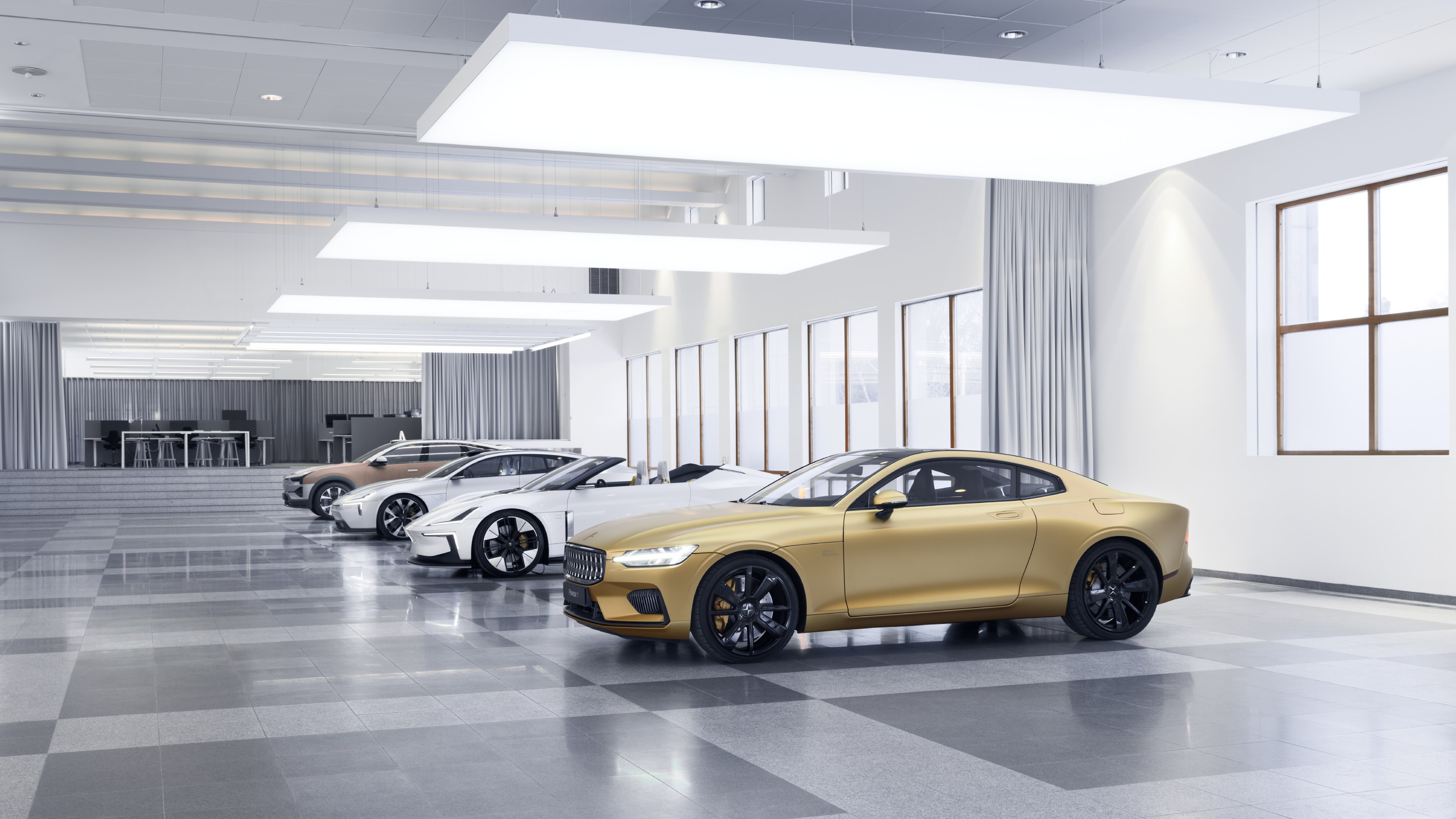
Will it stick to its plan? Polestar can trace its origins to the tail-end of the last century. High-performance variants of production Volvos were being created by an independent racing team, originally known as Flash Engineering but rebranded as Polestar Racing by the time it had been brought into house by Volvo in July 2015. The first time the name appeared on a car was the 2010 Volvo C30 Polestar Performance Concept Prototype (2010) and the Volvo S60 Polestar Concept the following year. These were followed by a small number of production Volvos, with enhanced dynamics courtesy of the race team’s expertise.
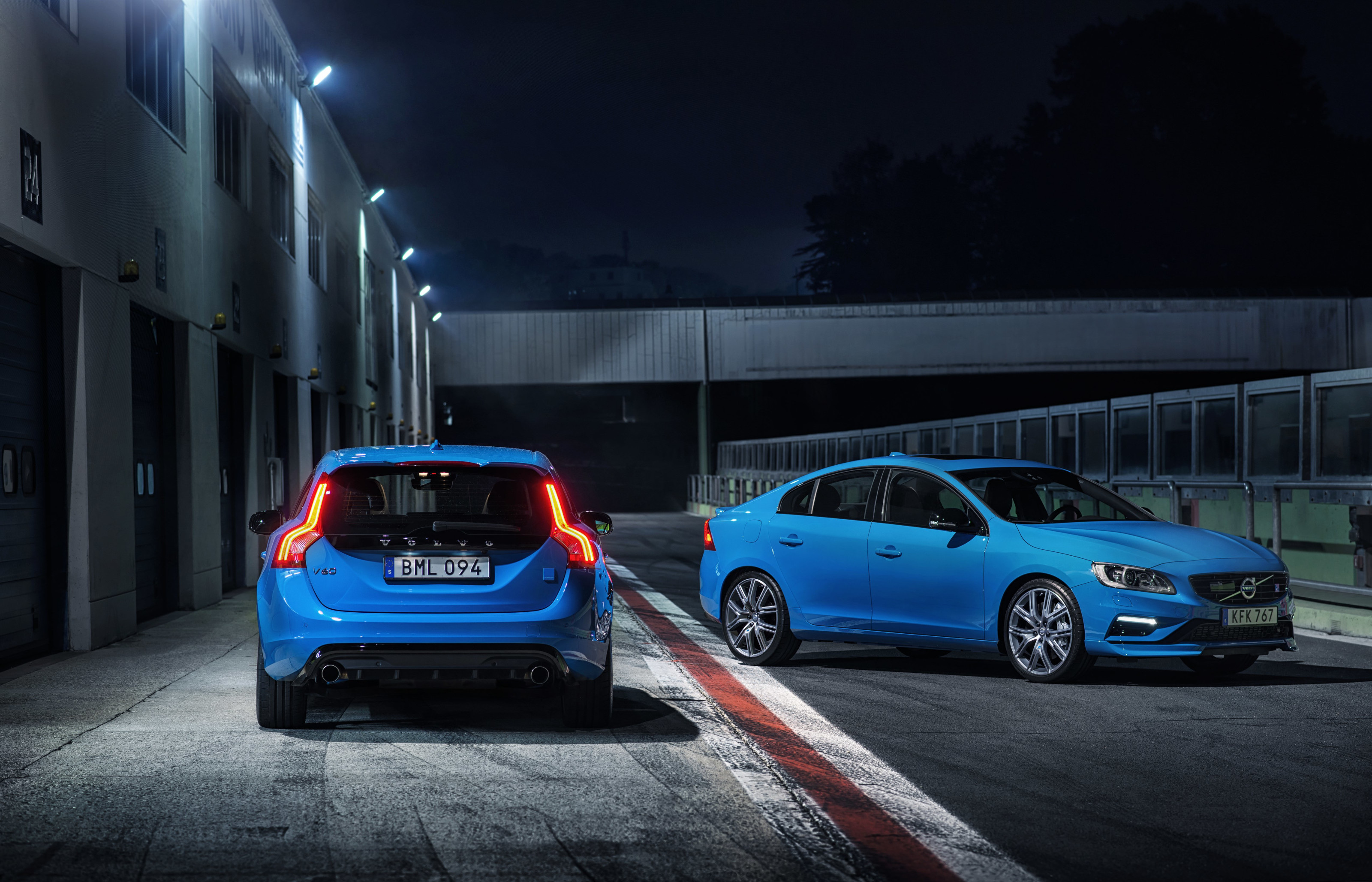
In October 2017, Volvo announced the creation of Polestar as a separate, standalone brand, headed up by former head of design Thomas Ingenlath. The debut model was the Polestar 1, a productionised version of the 2013 Volvo Concept Coupé, originally designed by Ingenlath and transformed into a sleek, upmarket sports coupé, complete with a high-performance hybrid powertrain and carbon fibre bodywork.

The first Polestar 1 was delivered in 2019 and since then the company has produced over 160,000 vehicles (30,000 of which have found homes in the UK). In February 2024, the final financial ties between Volvo and Polestar were officially severed, although Polestar still has space on Volvo’s Gothenburg campus. Elsewhere, the company has an engineering hub in Coventry, UK, as well as three production lines in China and facilities in South Carolina and South Korea.
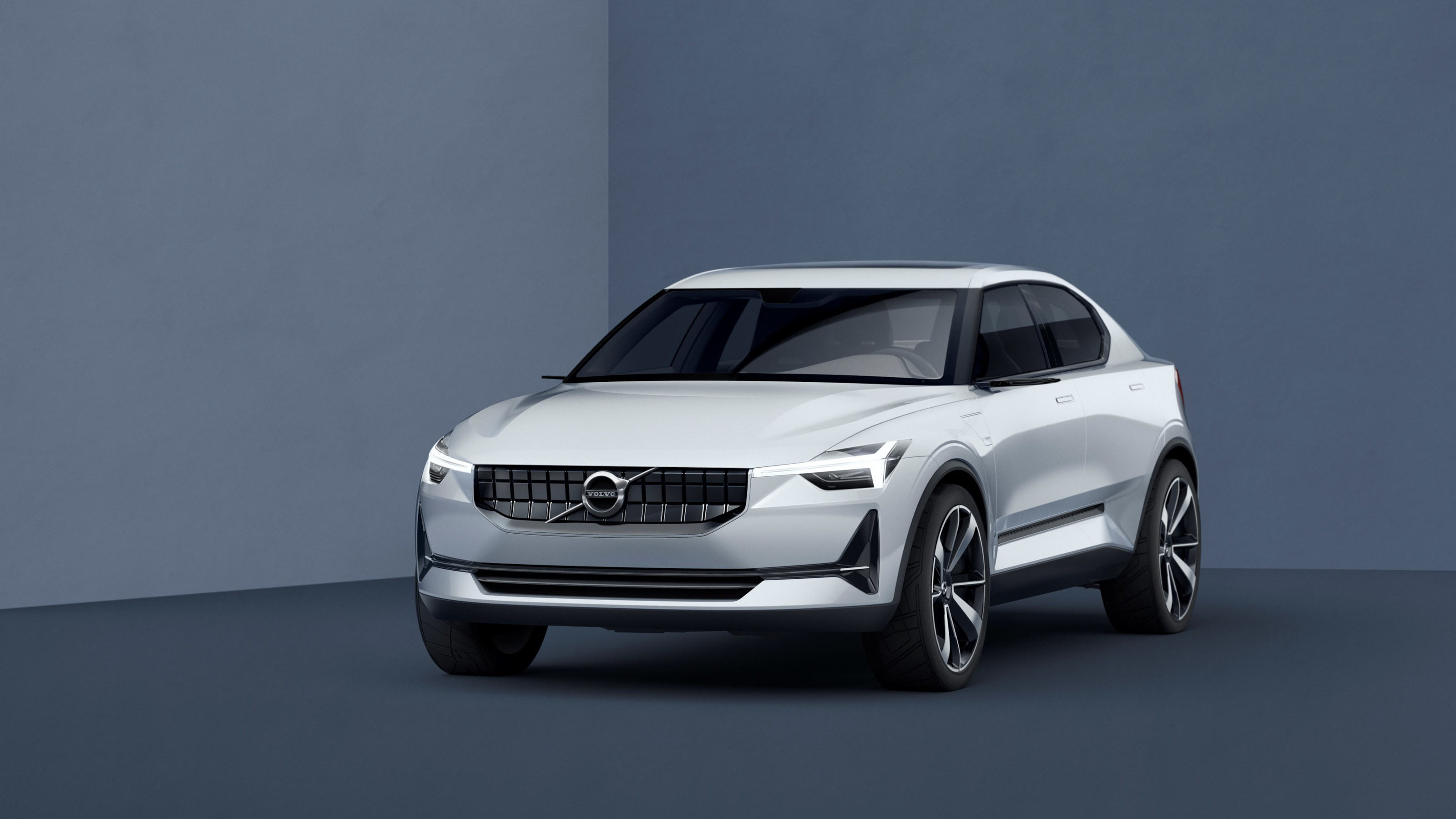
This global production spread is because both Volvo and Polestar sit under the mighty Geely umbrella, alongside Lotus, LEVC, Lynk & Co and Zeekr. As a result, there’s a helpful dose of shared know-how via the Chinese conglomerate’s manufacturing, technical and engineering facilities in China, in addition to the dedicated Polestar Production Centre in Chengdu, Sichuan province. Polestar’s design and image is very much its own, however, and remains one of the most coherent and consistent visual identities of any contemporary car company.

Get the basics right, as Polestar did, and EVs stay competitive for much longer than ICE cars, with over-the-air updates bringing not just enhanced user experience but even better range and performance. The relative simplicity of an EV platform also has other benefits; when Polestar 2 was given a facelift in 2024 the single motor version was switched from front- to rear-wheel drive.
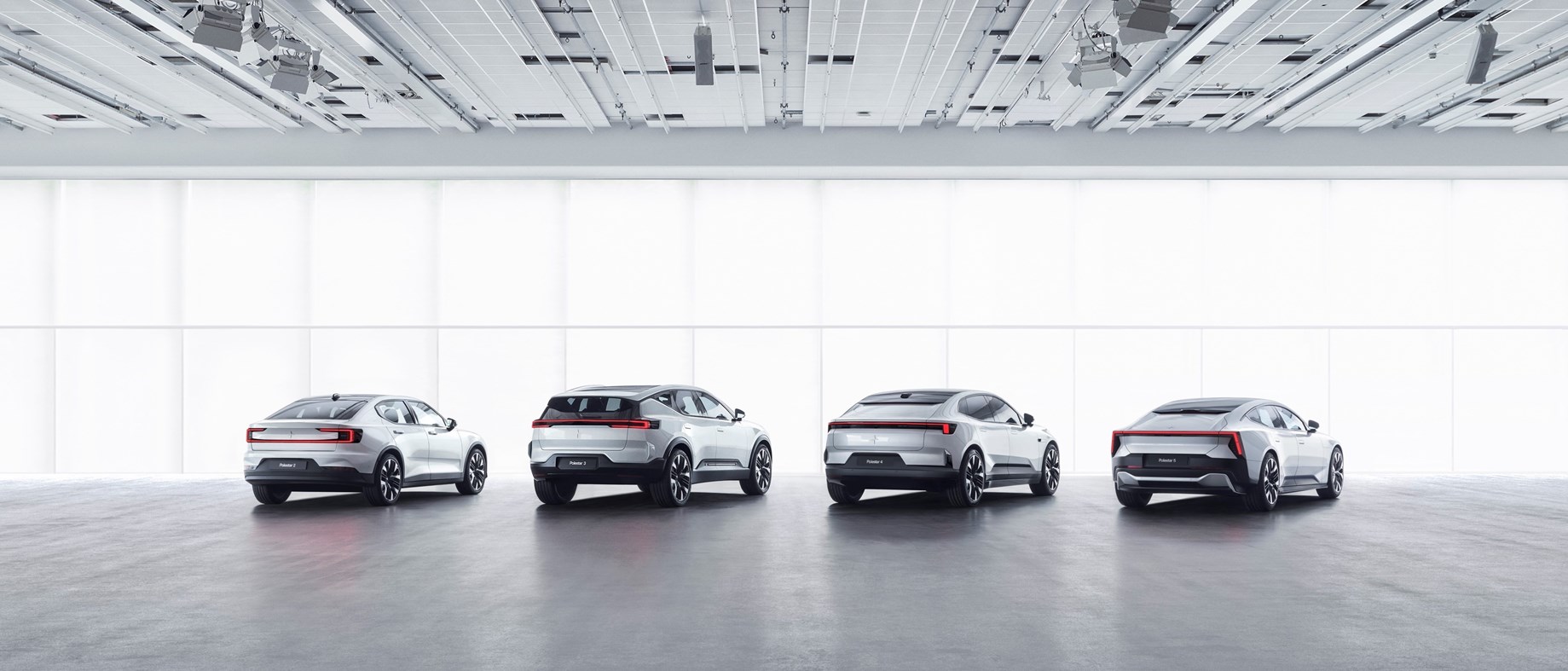
Here's our guide to every Polestar, from the brand’s genesis in Volvo design through to key concepts and even key partnership ventures.
Polestar 1 (2019 - 2021)
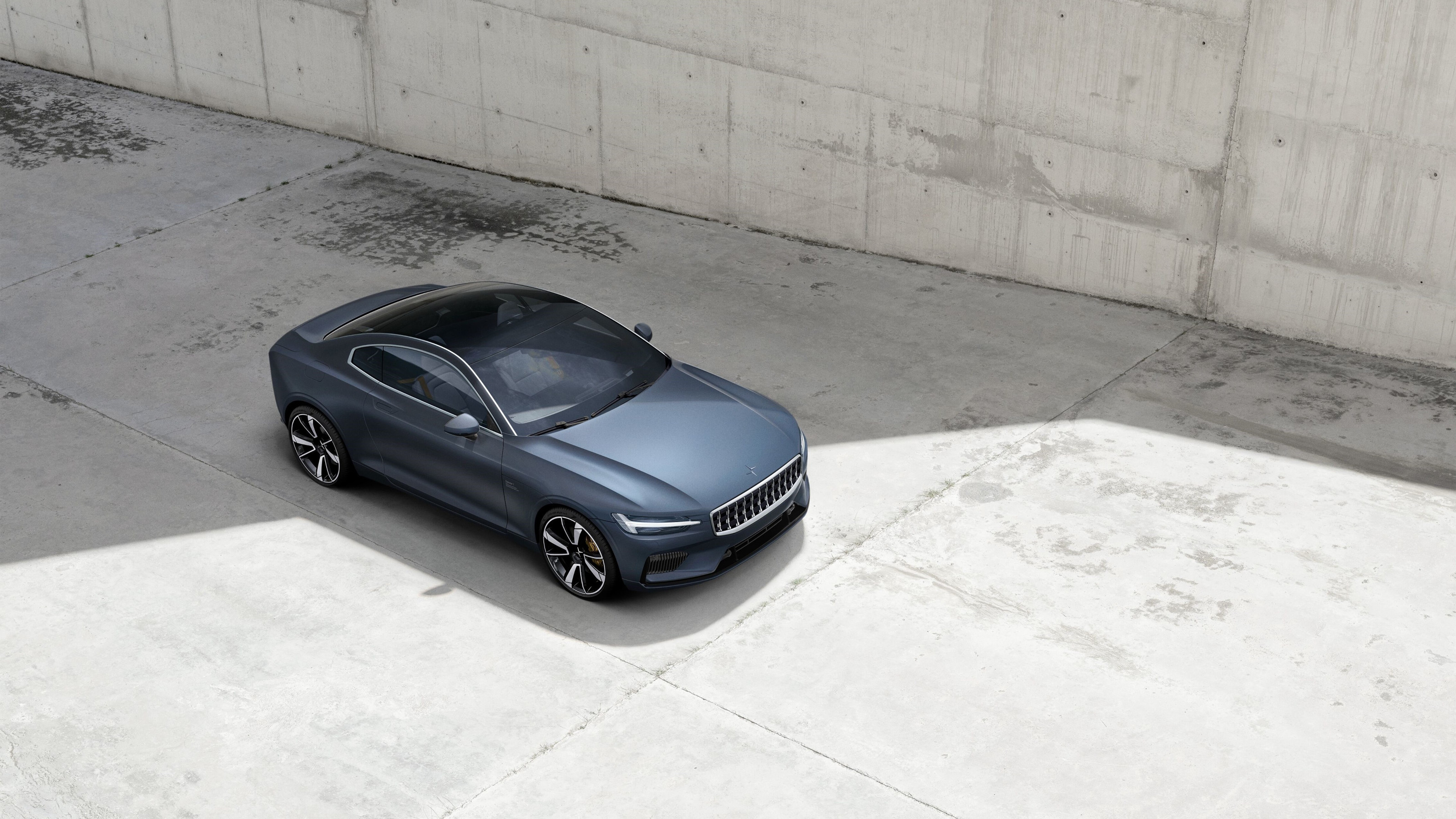
The Polestar 1 was a step into the unknown. Whilst Volvo has had a number of notable coupés in its long history, including the iconic P1800, the Bertone-designed 262C and 780, the elegant C70 and the compact C30, it has never strayed into the luxury and performance realm. With Polestar it was able to do just that. The limited edition, highly bespoke Polestar 1 was a proof of concept for both brand and technology.
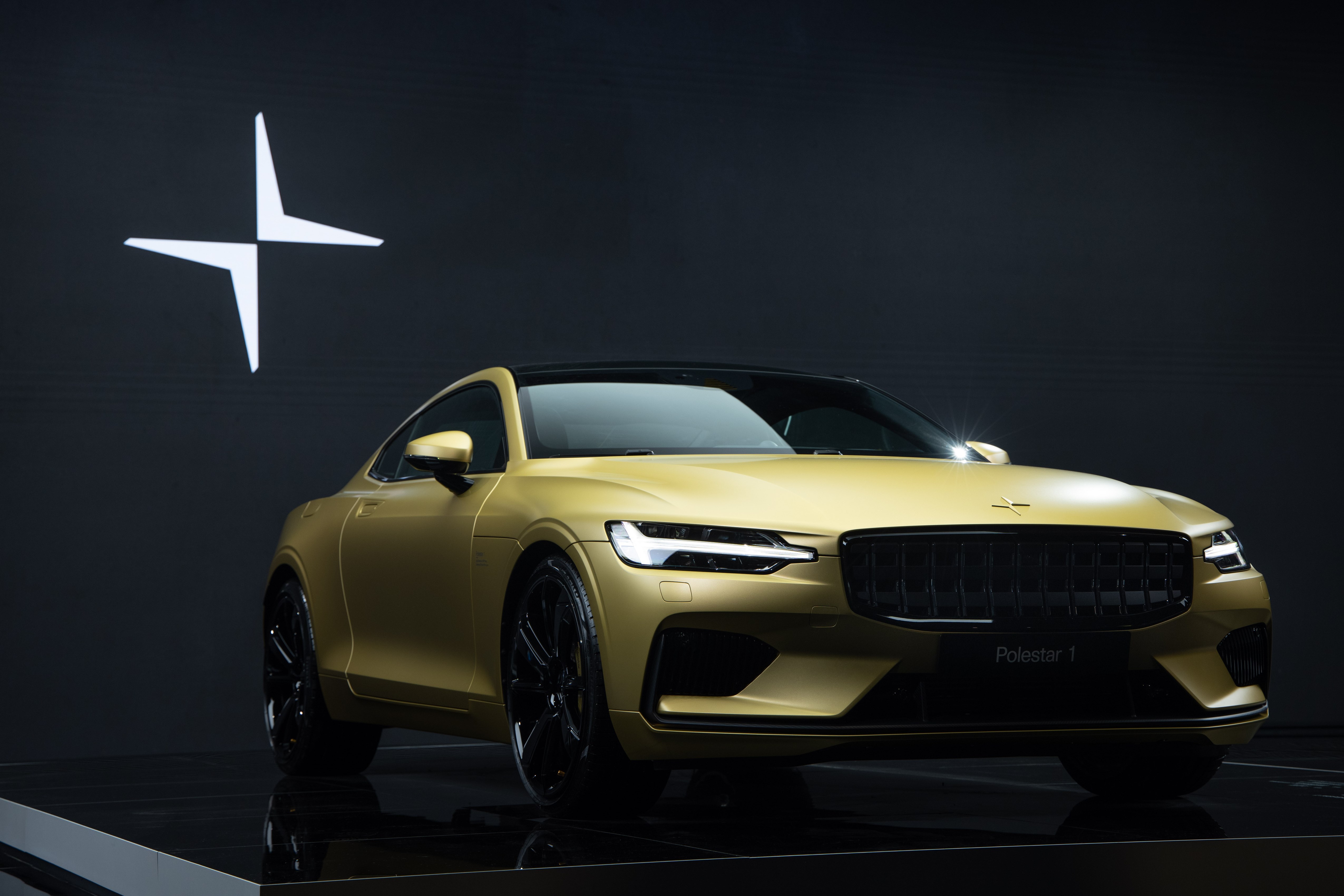
With a hybrid powertrain, rather than pure EV, the 1 put out 600hp. A fully carbon-fibre body kept weight down and components were race-spec throughout. Built in China, just 1,500 units were produced – it looks set to become one of the first genuine classic cars of the hybrid era.
Polestar 2 (2019 – )
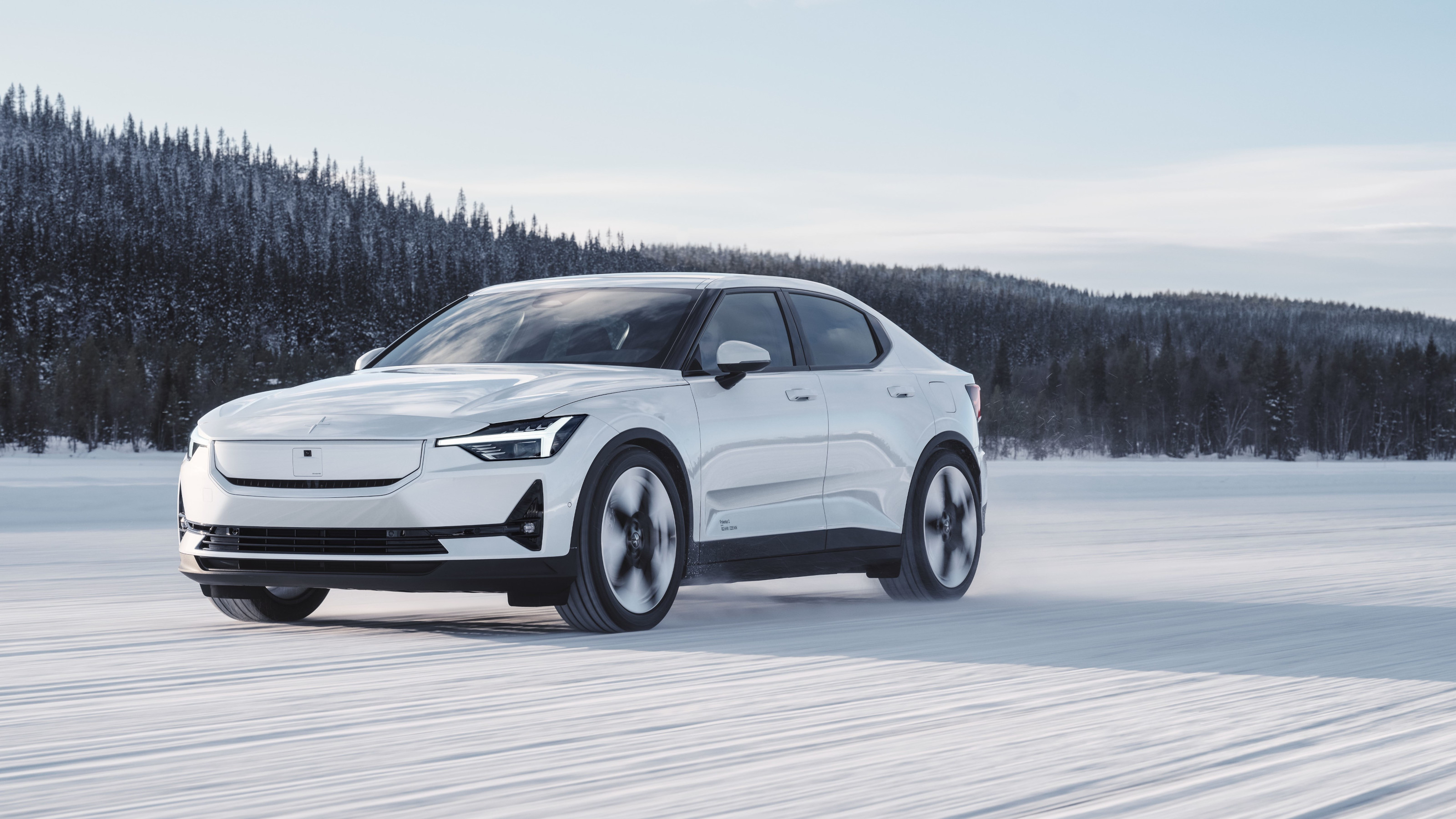
For most people, Polestar began in earnest with the launch of the Polestar 2, a svelte four-door electric fastback that also had clear Volvo origins. Starting life as the 2016 Volvo Concept 40.2, a proposed vision for the small Volvo sedan of the future using the company’s new Compact Modular Architecture (CMA), the design was refined and transformed into Polestar’s first mainstream product.
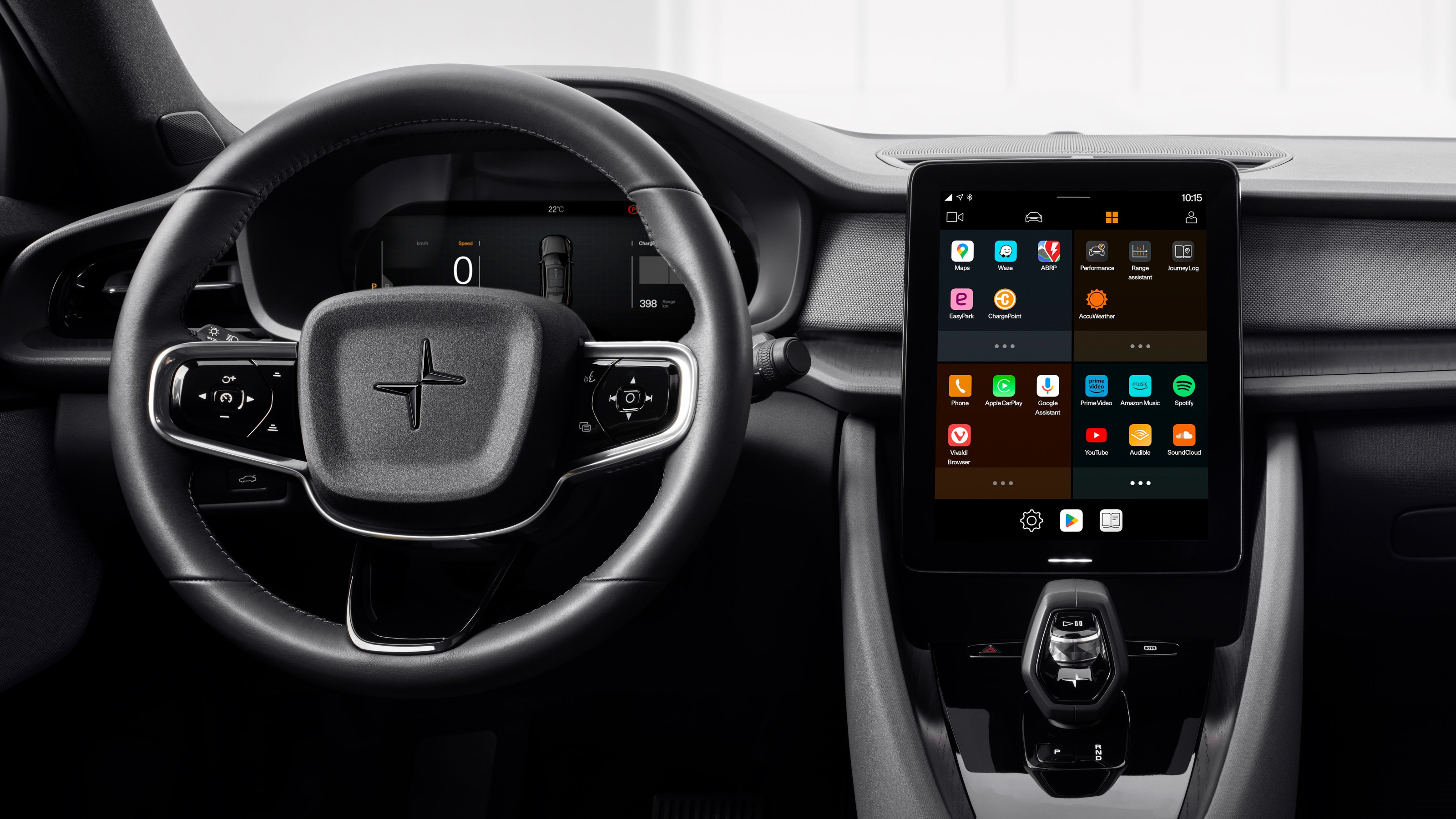
Amongst other things, the Polestar 2 pioneered the incorporation of Google into car dashboards, with the first integrated Android Automotive OS entertainment system. Available in a number of battery and motor configurations, the Polestar 2 has been kept fresh since launch with hardware and software overhauls that have improved the range and performance, as well as a constantly revised manufacturing strategy aimed at reducing the car’s overall carbon footprint.
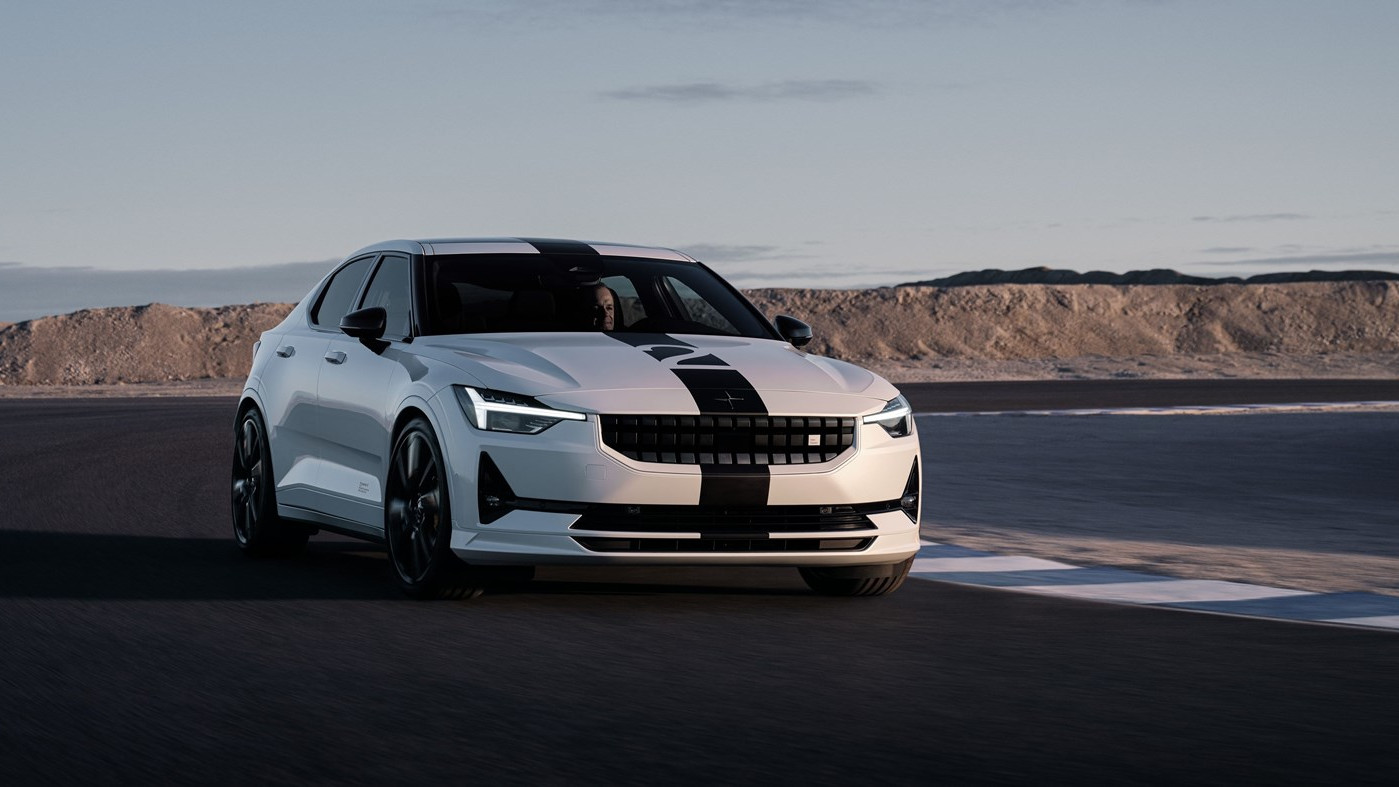
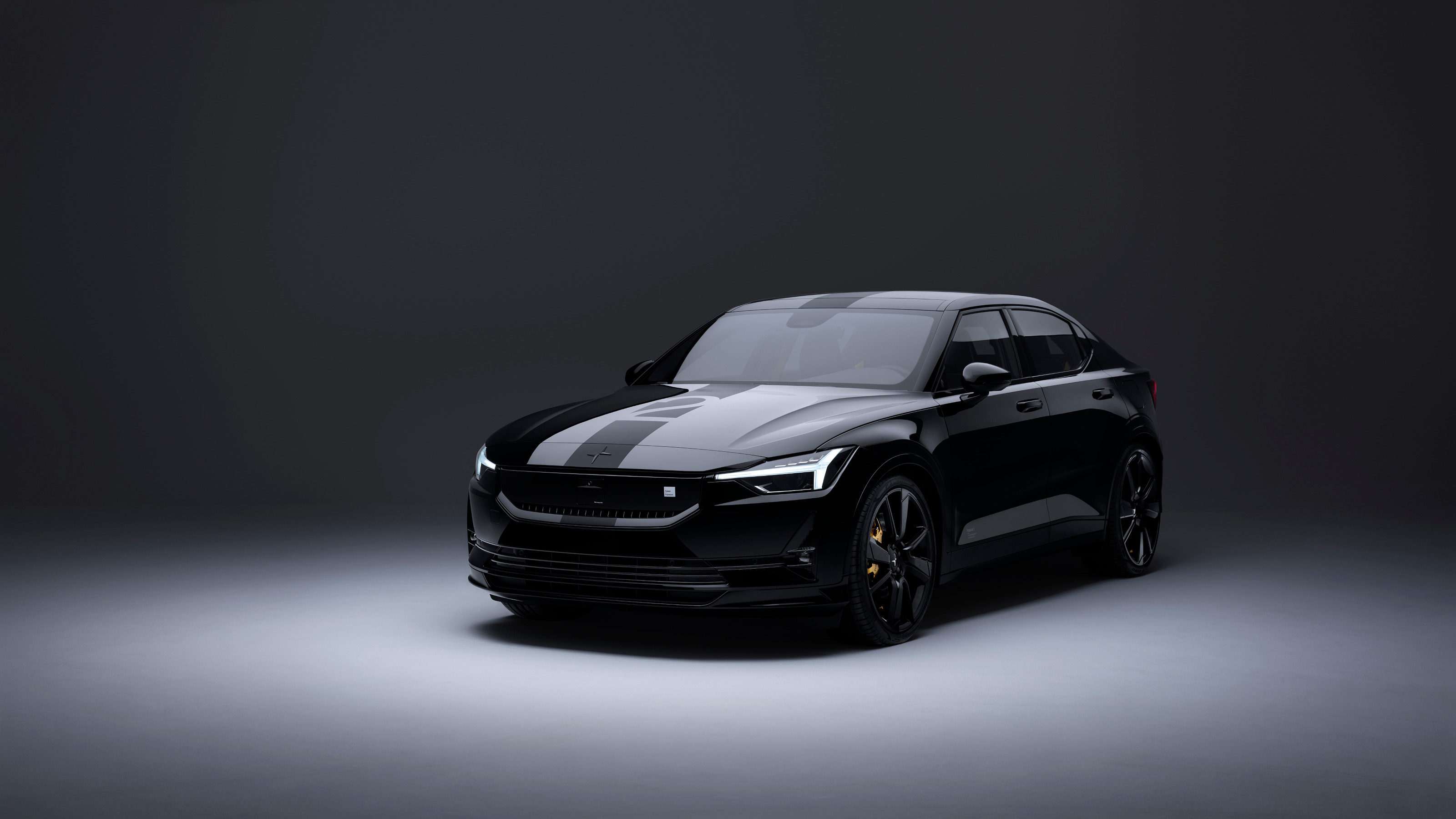
Today’s 2024 Polestar 2 can travel up to 406 miles (654 km). The company has also made two limited-edition performance variants, the BST edition 270 (2022) and BST edition 230 (2023).
Polestar 2, from £44,950, Polestar.com
Polestar 3 (2024 - )
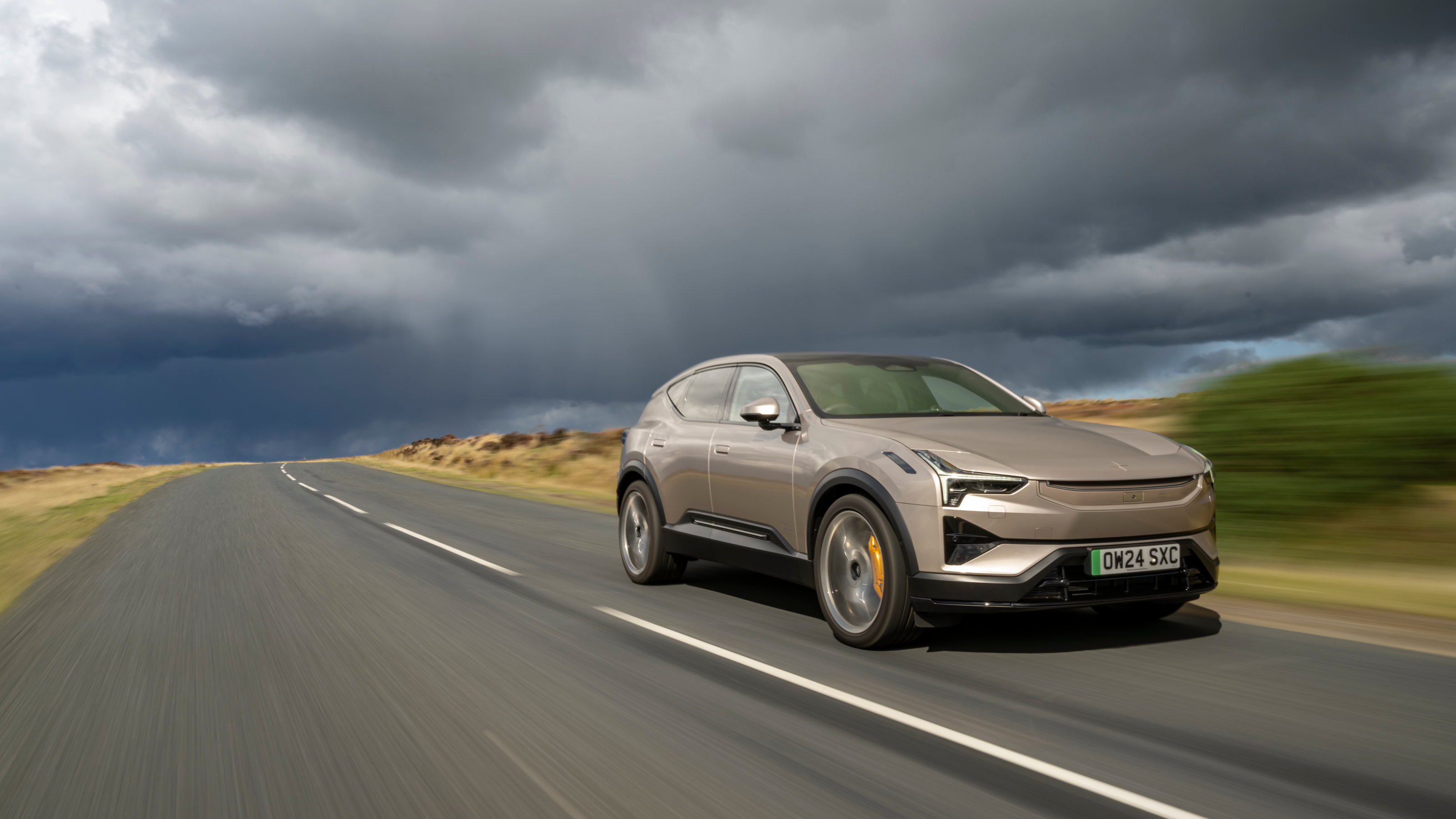
Polestar 3’s gestation wasn’t quite as smooth as the company hoped, with customer cars arriving over 18 months after the car was first introduced in October 2022 (with a photo campaign by Benedict Redgrove and INK). Built on the Volvo Scalable Product Architecture (SPA) platform, the 4 is comparable in size to Volvo’s EX90, only with five seats to the Volvo’s seven.
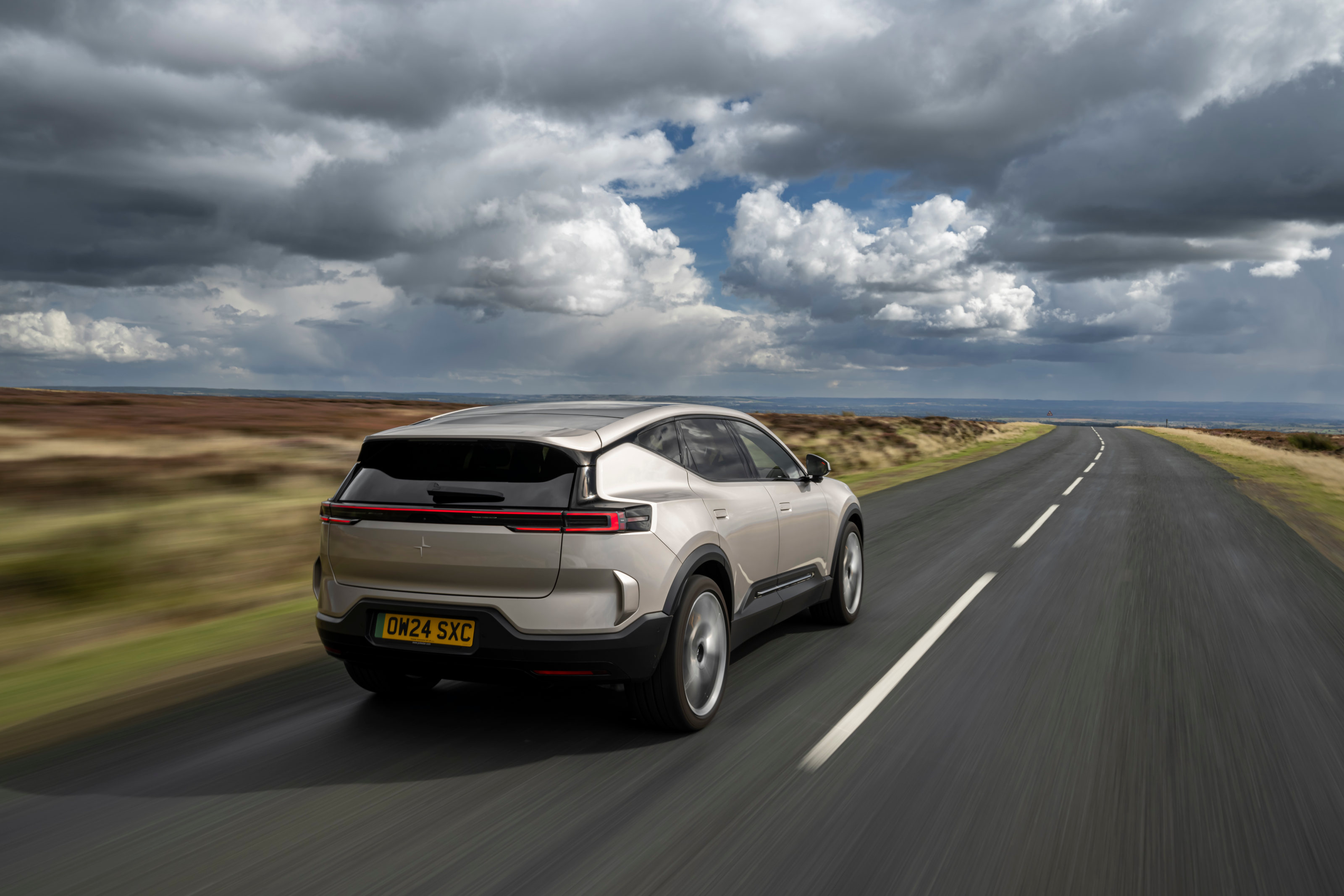
At 4.9m long, it’s quite a large machine, but unlike the EX90 there’s a definite sporting flavour to the dynamics and feel. The Polestar 3 follows the brand’s minimal approach and in its most efficient (but not fastest) spec will do over 400 miles on a charge.
Polestar 3, from £69,900, Polestar.com
Polestar 4 (2024 - )
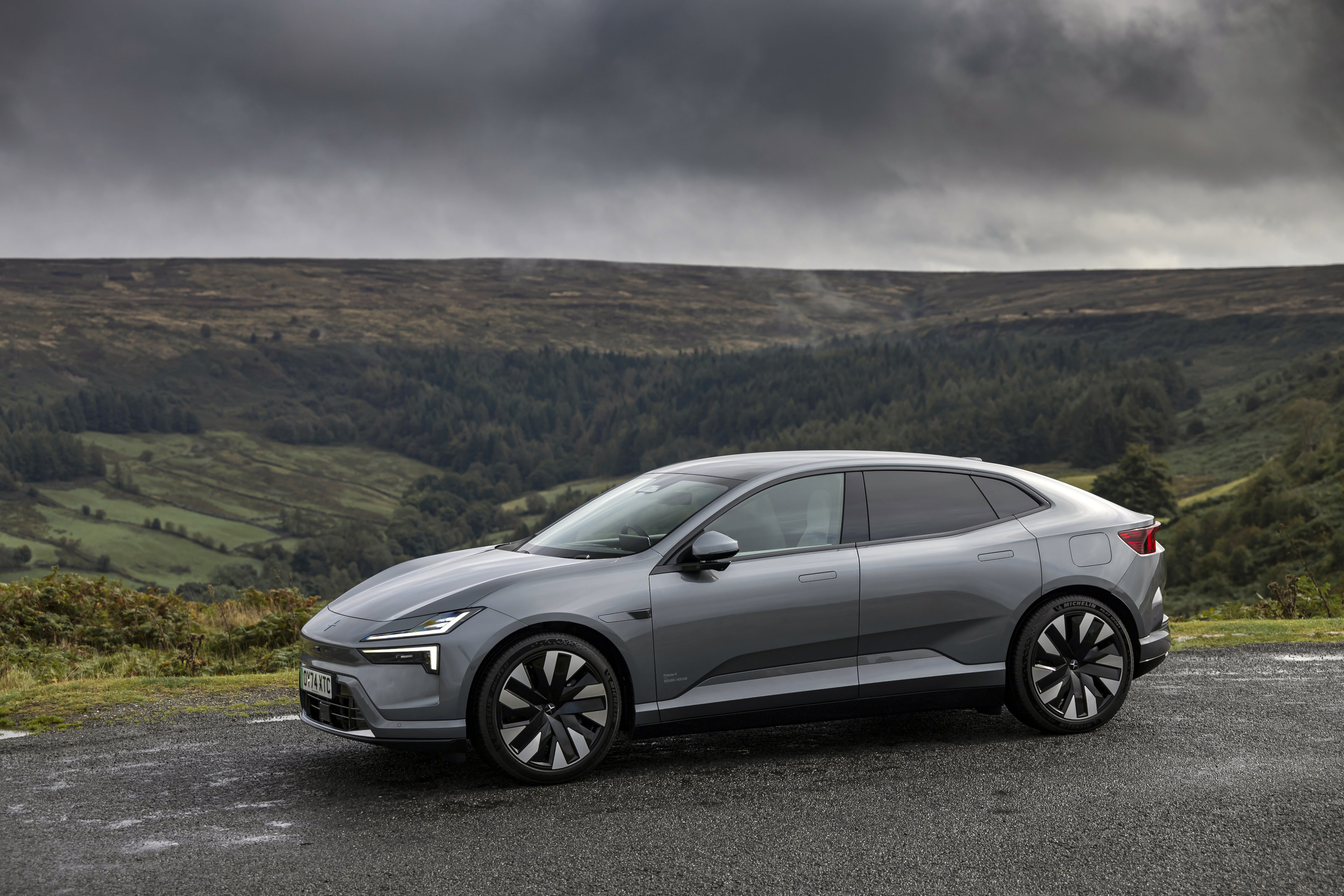
Also new to market in 2024 was the Polestar 4, the current brand flagship. Described as ‘SUV coupé’, Polestar 4 has a much more rakish profile than the 2 or 3 and feels like the natural successor to Polestar 1. Clever packaging disguises the high-riding body and one of the most notable design decisions – doing away with the rear window in favour of a camera system – is one that Jaguar appears to be adopting with its forthcoming GT. It’s also the fastest Polestar built to date.
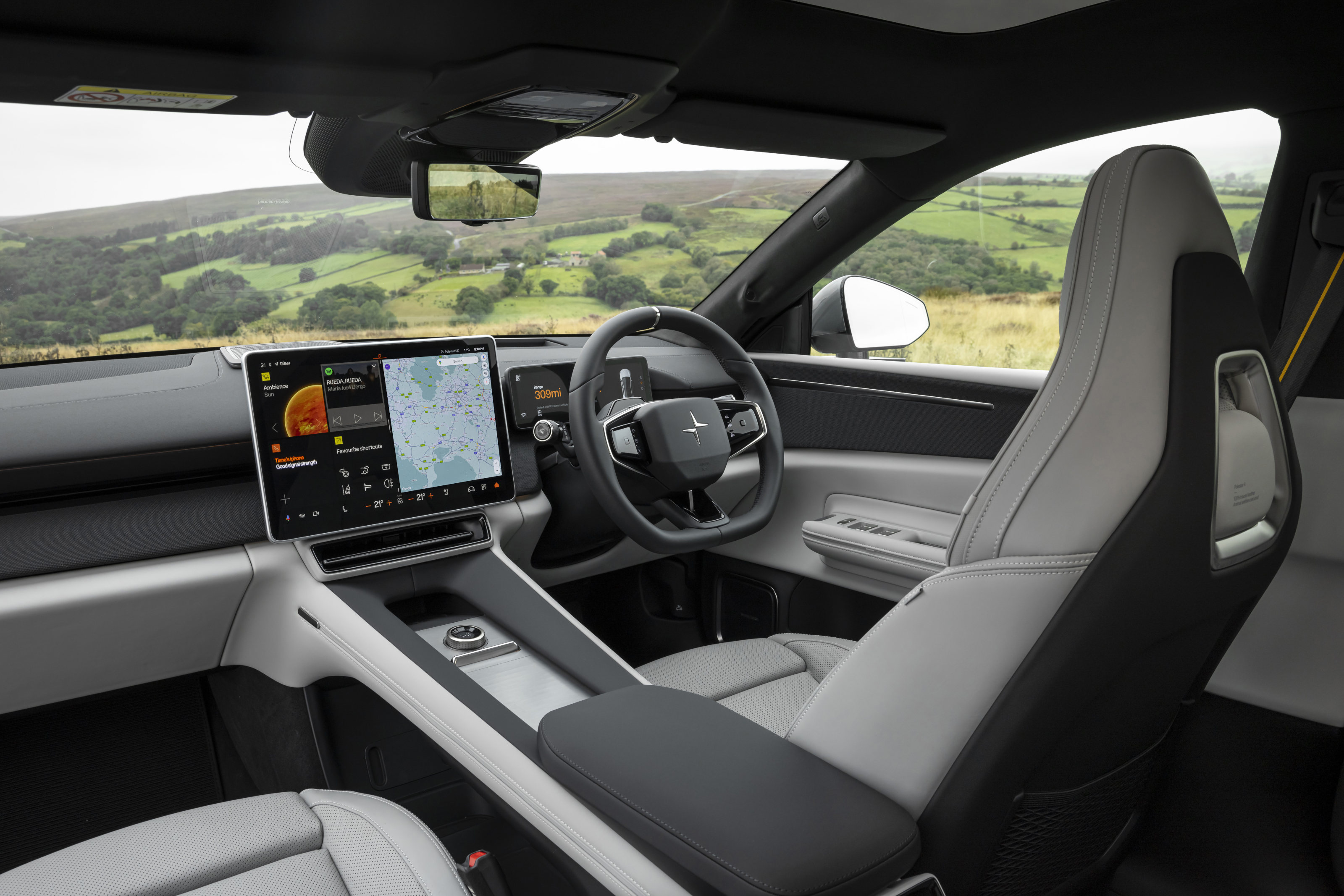
Polestar 4, from £58,990, Polestar.com
Polestar 5 (2025 - )
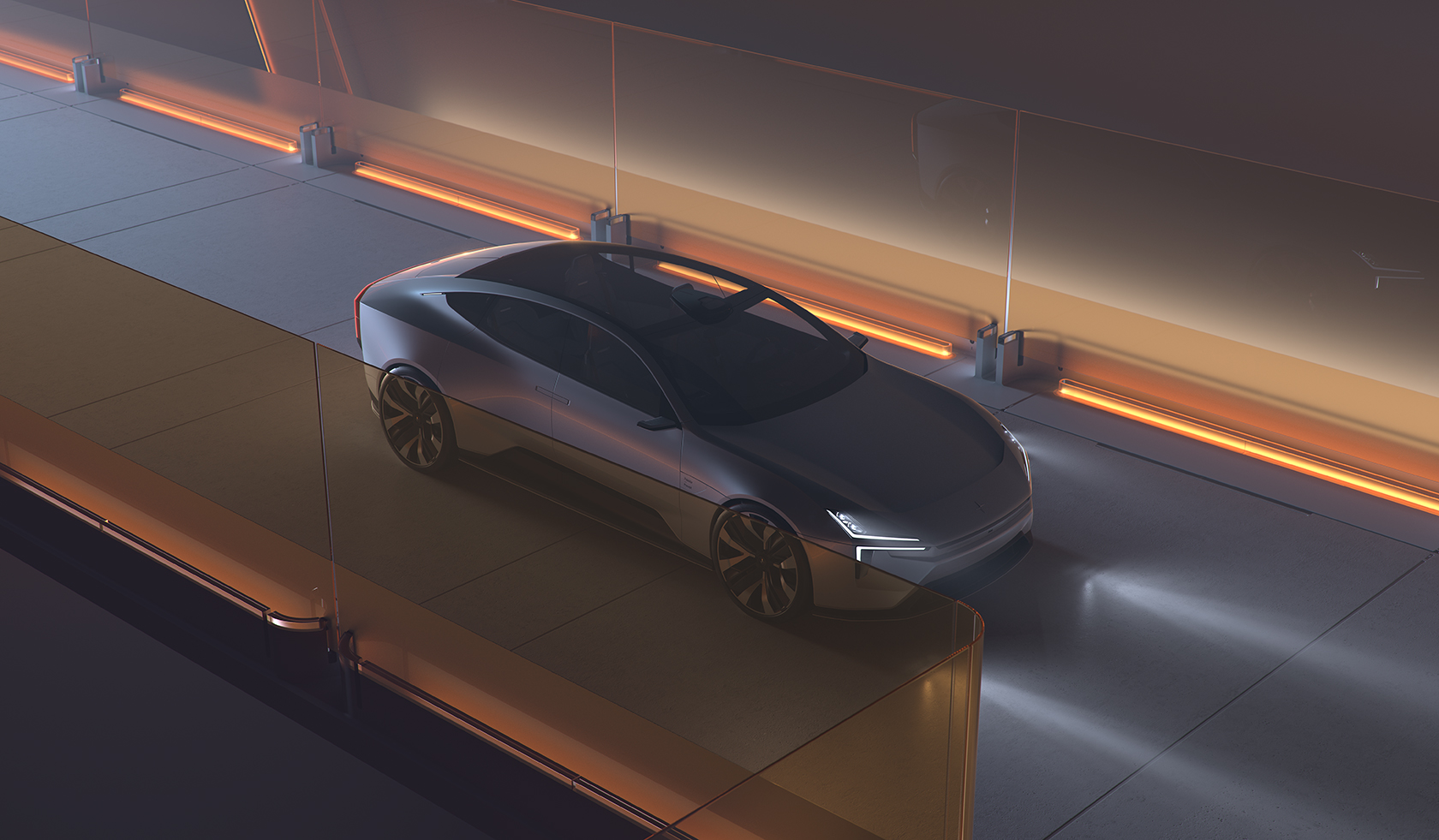
2025 should see the arrival of Polestar 5, a new flagship and the brand’s first foray into a truly premium sector, the all-electric sedan. Extensively previewed by 2020’s Polestar Precept Concept, the Polestar 5 will compete with the likes of the Porsche Taycan and the Audi GT.
Polestar Precept, more information at Polestar.com
Polestar 6 (2026 - )
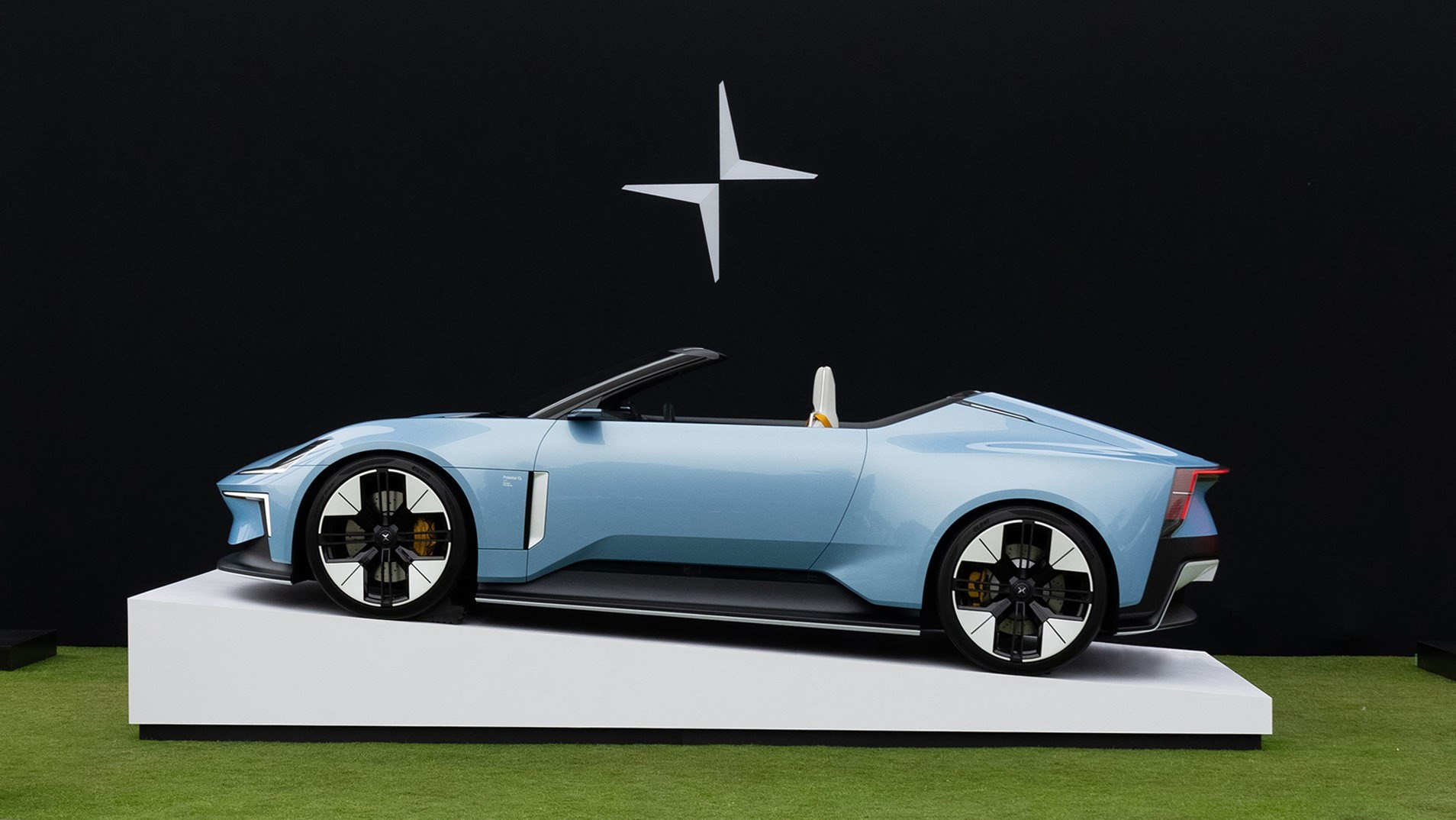
Starting life as an electric roadster concept – 2022’s Polestar O₂ Concept – the forthcoming Polestar 6 is the company’s stab at the premium electric sports car market. The first 500 examples will be sold as the Polestar 6 LA Concept edition, a special edition that sold out almost as soon as it was announced. Full production is due for 2026 and the car will be built alongside Polestar 5 in Chongqing, China.
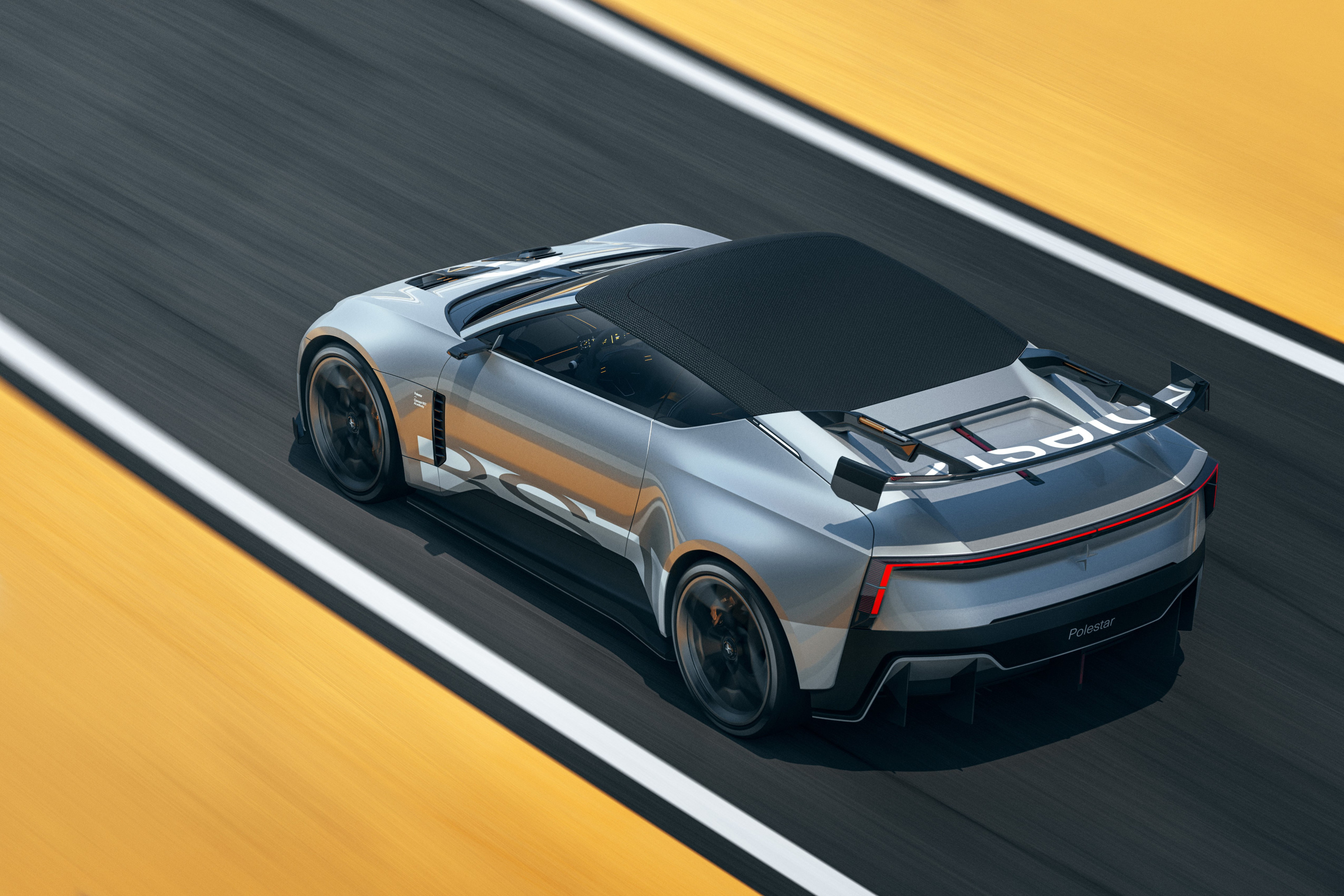
In 2024, the company also showed the Polestar Concept BST, a high-performance variant of the Polestar 6.
Polestar 6, more information at Polestar.com
Candela C-8 Polestar Edition
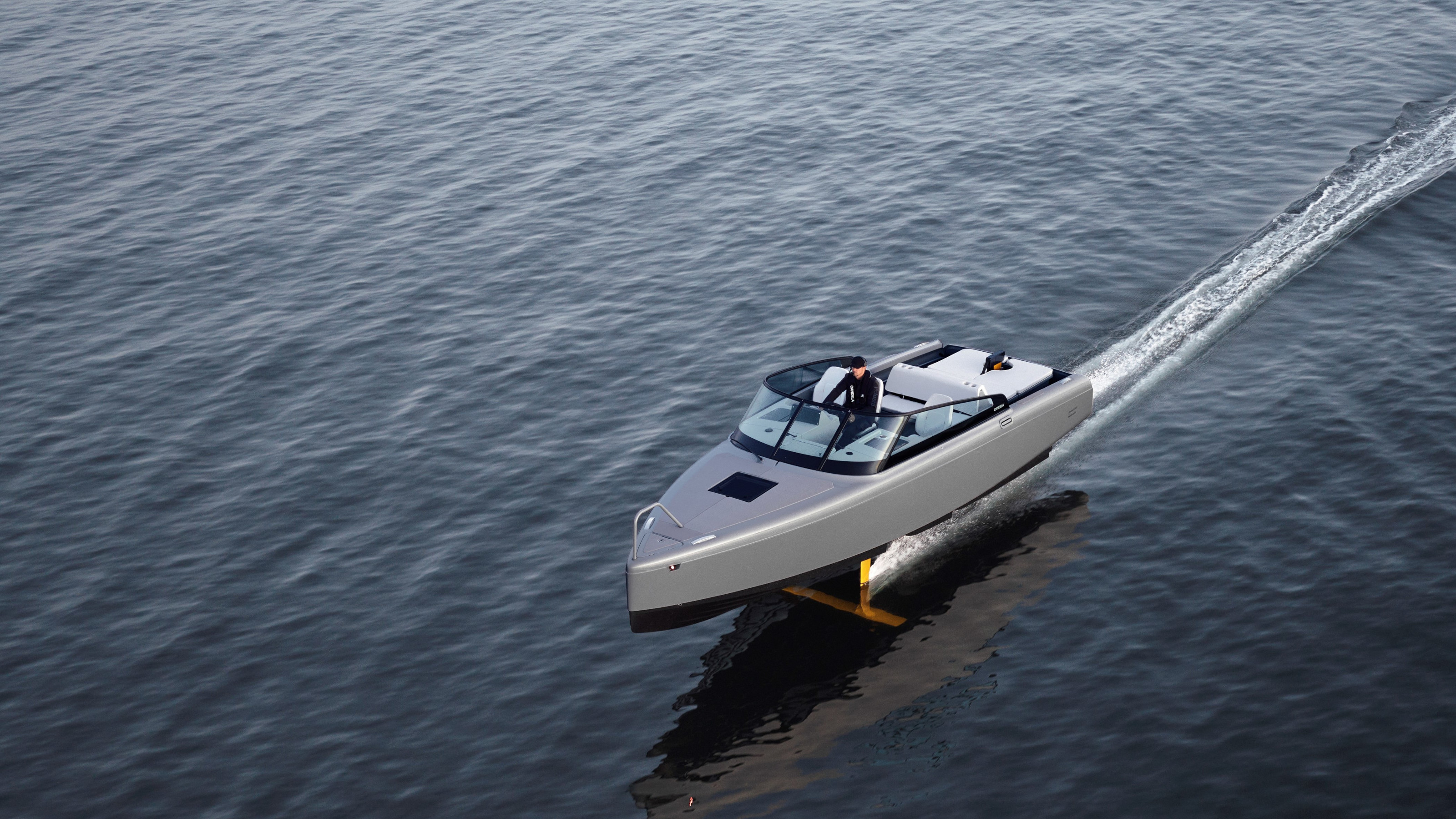
What else has been graced with the Polestar name? Most notably, there’s the 2023 Candela C-8 Polestar Edition, an electric hydrofoil from Swedish manufacturer Candela. Not only does this lifting body boat use Polestar batteries, but the special edition has design cues taken from the cars.
Makka – Polestar edition by Cake
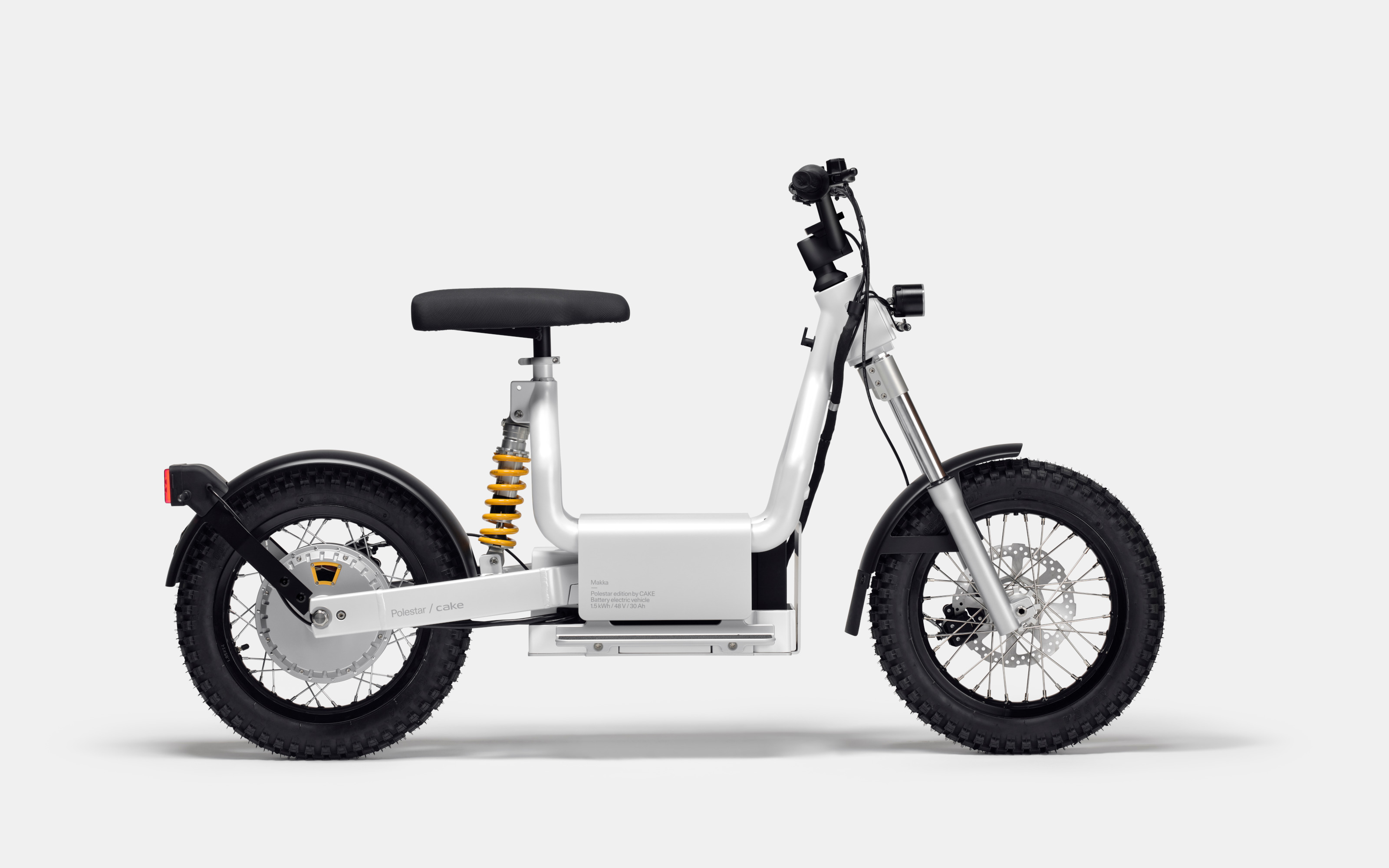
In 2021, Polestar teamed up with Cake to create a special edition of the company’s Makka compact electric bike. Using Polestar graphics and colours, with a special connecting cord that allows it to be charged from your Polestar, the project was a fine piece of synergy. It followed on from the collaboration Wallpaper* kick-started for our Re-Made project, where Konstantin Grcic and aluminium producer Hydro teamed up with Cake and Polestar to create the Hydro-Truck.
Polestar Design Contests
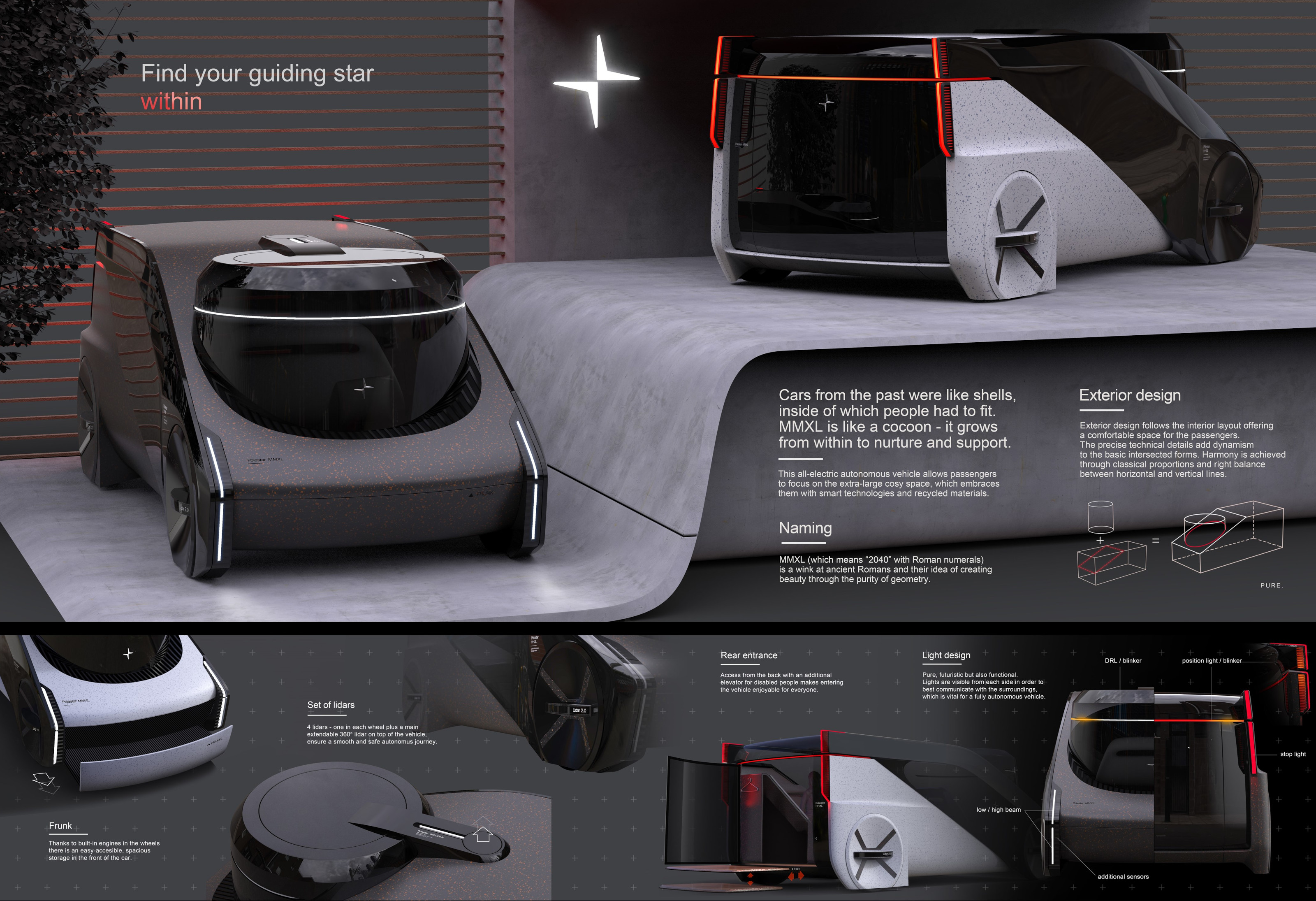
Polestar has also put its name to an annual Design Contest, started in 2020. Soliciting entries from student and professional design teams around the world, the Polestar Design Contest covers all facet of forward-thinking and sustainably minded industrial design. The inaugural professional winner in 2020 was Konrad Cholewka with the Polestar MMXL 006, a conceptual city car from 2040.

The following year, the PCD was won by David Vultaggio with the ‘H_UB’ design concept for a 21st-century brand experience centre and charge space. Honourable mention went to Kristian Talvitie’s KOJA micro space tree house, a full-size version of which was subsequently built near Fiskars Village.

In 2022-23, Devashish Deshmukh, Swapnil Desai and Yingxiang Li created the Polestar Synergy, a fantasy electric supercar that blended the three designers’ entries from that year’s contest.
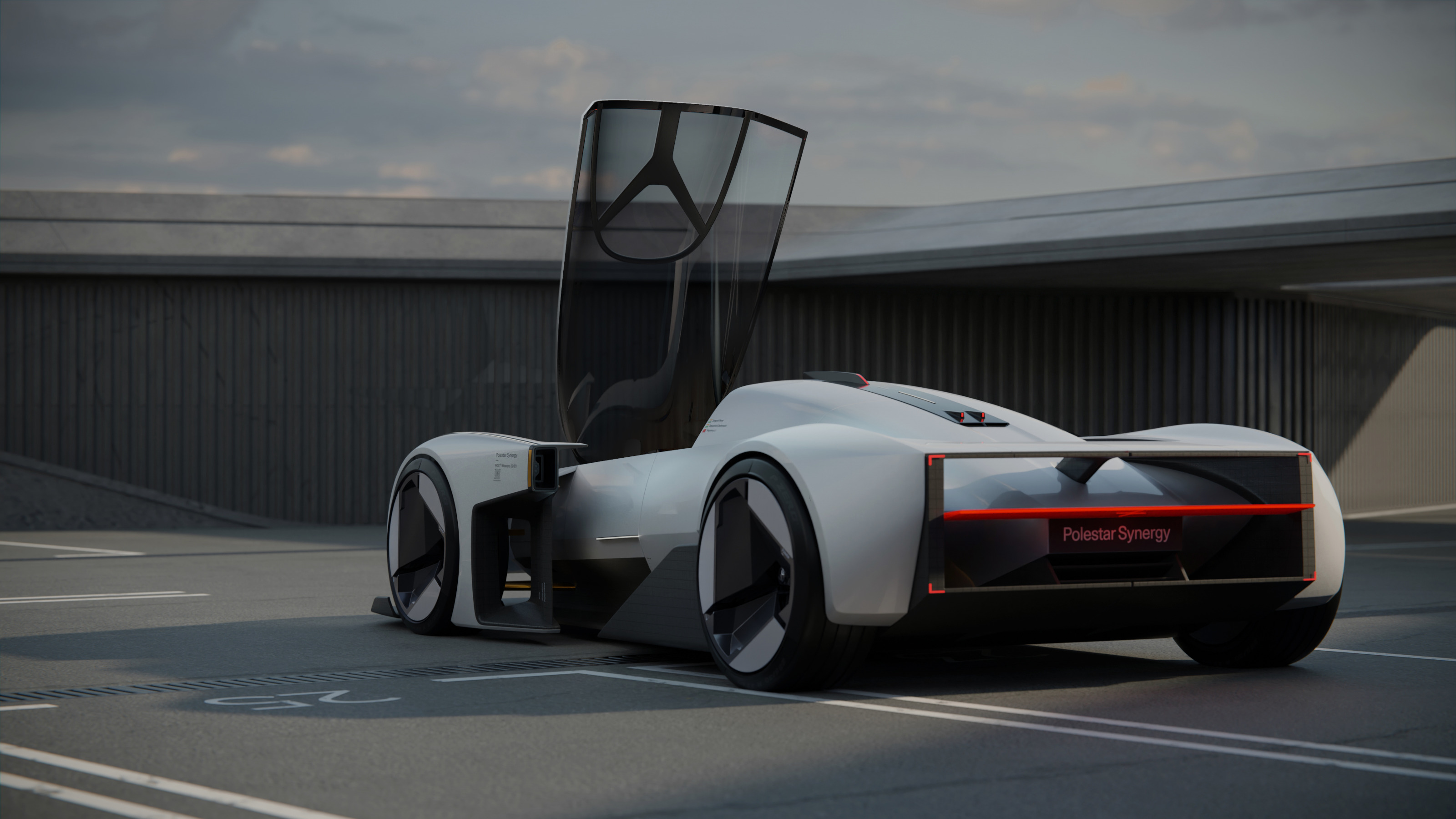
2024 saw a collaboration with Hot Wheels: designer Shashank Shekhar’s Polestar TRX concept will be transformed into a die-cast collectable toy by the manufacturer in summer 2025.
